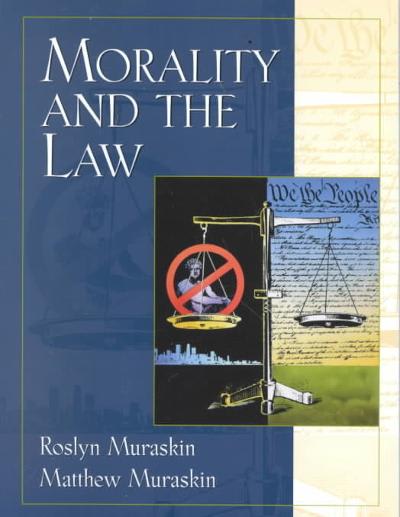Question
Please help me solve these questions. Just identify if the statement is TRUE or FALSE. 1. Except officers of the Cooperative Development Authority, no government
Please help me solve these questions. Just identify if the statement is TRUE or FALSE.
1. Except officers of the Cooperative Development Authority, no government agency, as a rule is allowed to interfere into the internal affairs of a cooperative.
2. Cooperatives are encouraged to resolve legal and administrative issues with its members or other cooperatives and entities through non-adversarial methods.
3. Amicable settlements of intra-cooperative and inter-cooperative disputes may be facilitated by mediation and conciliation committee of a cooperative.
4. As a rule, cooperatives are allowed to establish their branch offices and cooperative satellite offices.
5. The establishment of cooperatives is of itself a shared endeavor between the public sector and the private sector.
6. Cooperatives are expected to undertake feasibility studies before they engage into business ventures.
7. Much like private corporations, cooperatives are required to adopt their own set of bylaws.
8. The certificate of cooperation is akin to the certificate of incorporation of a private cooperation.
9. As a rule, cooperatives are prohibited from generating profits from doing business.
10. Cooperatives are expected to conduct their affairs in accordance with Filipino culture, good values and experience and the universally accepted principles of cooperation.
11. Cooperatives cannot enjoy support in all forms from the government as it would run contrary to the principle of equality among business entities.
12. The Department of Trade and Industry functions like the Cooperative Development Authority for private corporations.
13. Under the principle of subsidiarity, cooperatives are treated as entities that should be supported by all government instrumentalities.
14. Cooperatives are supposed to provide goods and services only to its members.
15. Cooperatives aim to insure against losses of the members.
16. Cooperatives are primarily established to promote the quality of life of its members.
17. Cooperatives when managed properly are treated as self-sustaining economic entities intended for the promotion of social justice.
18. As a rule, members of cooperatives like the stockholders in a private corporations are allowed to vote via cumulative voting.
19. Cooperatives can sue but may not be used.
20. Cooperatives are legally allowed to enter into merger and consolidation but not division.
21. Cooperatives are allowed to form subsidiary cooperatives and create and join federations or unions.
22. A single-purpose cooperative is not allowed to transform into a multi-purpose cooperative if its Articles of Cooperation provides for such prohibition.
23. For one to become a primary cooperative, he must have completed a Pre-Membership Education Seminar.
24. The bylaws of a cooperative may provide instances when a prospective members of a primary cooperative may be excused from undergoing Pre-Membership Education Seminar.
25. A cooperative duly-registered consistent with the Philippine Cooperative Code shall have limited liability.
26. Cooperatives like private corporations need not amend their Articles of Incorporation to extend their existence.
27. Dissenting members of a cooperative have the right to withdraw which is similar to the exercise of the right of appraisal of a stockholder.
28. No division of a cooperative shall be allowed if the same in intended to defraud creditors.
29. Merger and consolidation of cooperatives shall be deemed effective upon the issuance of the certificate of merger or consolidation by the Cooperative Development Authority.
30. When cooperatives are merged, liabilities are assumed by the surviving cooperative.
31. A service cooperative promotes and undertakes savings and lending services among its members.
32. Only primary cooperatives may establish secondary cooperatives.
33. Only secondary cooperatives may establish tertiary cooperatives.
34. Regular members of cooperatives may become associate members and vice versa.
35. When a member is not able to comply with all the requirements for membership, such member may be classified as an associate member.
36. Laboratory cooperatives consist of minors as members.
37. Officers and employees of the Cooperative Development Authority are disqualified to be elected or appointed to any position in a cooperative.
38. An applicant for membership in a cooperative shall be deemed a member after approval by the general manager of the cooperative.
39. Members of a cooperative much like the stockholders in a private corporation have limited liability.
40. The bylaws of a corporation may provide for the grounds of termination of membership of a cooperative member.
Step by Step Solution
There are 3 Steps involved in it
Step: 1

Get Instant Access to Expert-Tailored Solutions
See step-by-step solutions with expert insights and AI powered tools for academic success
Step: 2

Step: 3

Ace Your Homework with AI
Get the answers you need in no time with our AI-driven, step-by-step assistance
Get Started


